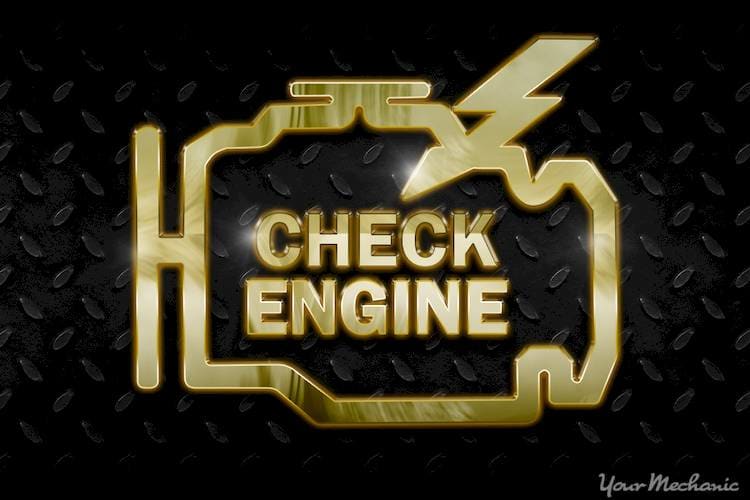P0528 code definition
The P0528 code is the universal fault for fan speed sensor circuit no signal. This fault may be accompanied by other cooling system codes, such as P0480, or P0483.
What the P0528 code means
P0528 is the generic OBD-II code alerting you to a malfunction in the fan speed sensor circuit. The cooling fan is an integral component in keeping the vehicle’s engine cool. As the vehicle gains speed, the radiator fan takes over the job of cooling the engine by cooling the radiator fluid; at that point the cooling fan shuts off because it’s no longer needed. The PCM (powertrain control module) relies on the FSS (fan speed sensor) in order to monitor the speed of the cooling fan clutch. When the fan speed indicated by the sensor doesn’t match the reference value, the vehicle will set the P0528 code.
What causes the P0528 code?
The most common causes of this fault are a bad cooling fan motor or a faulty fan relay. Other culprits may include damaged or loose connectors, a bad coolant temperature sensor, a bad fan speed sensor, or a short in the wiring (typically caused by a blown fuse).
What are the symptoms of the P0528 code?
There may be no symptoms for this problem besides an illuminated Check Engine Light. If not addressed, however, it could lead to the engine overheating and inadequate air conditioner performance.
How does a mechanic diagnose the P0528 code?
The first step in diagnosing the source of the problem is checking the DTC (Diagnostic Trouble Codes) using a scanner. If other codes appear, each one should be investigated and repaired in the order in which they occurred.
Next, your technician will check to see if the cooling fan is suffering from mechanical binding by rotating it manually with the key off. If this test checks out fine, the cooling fan clutch operation will be checked. This is done with the engine running and the heater off, by monitoring the PCM for RPMs.
If necessary, the mechanic will then check the resistance of the cooling fan clutch actuator valve solenoid between the cooling fan clutch connectors, as well as the solenoid’s voltage.
Other checks that may be performed:
- Fan clutch valve circuit fault
- Fan speed sensor voltage
- An open in the fan speed sensor harness
- An open in the fan speed sensor circuit
- A FSS voltage short
- PCM functionality, if necessary
Common mistakes when diagnosing the P0528 code
If the cooling fan motor is replaced without performing the remainder of the inspections, the problem may not be fixed. Cooling fan relays have been recalled in a number of late model vehicles, and are often suspect in a fan speed sensor circuit fault.
How serious is the P0528 code?
The seriousness of this code depends upon the source of the fault. If the fan is still functioning, there may not be an issue driving the vehicle. However, fault codes in the cooling system may result in overheating which can cause serious engine damage. In addition, the air conditioning may not function properly.
What repairs can fix the P0528 code?
Common repairs for this code include:
* Repairing the wiring or connectors to the fan speed sensor
* Replacing the fan speed sensor
* Replacing the cooling fan clutch
* Repairing a short in the fan clutch voltage circuit
* Repairing a fan speed sensor voltage or circuit problem
Diagnosing this fault requires a volt/ohmmeter, as well as a complex series of sensor and wiring/harness testing. While the fix could be as simple as replacing the cooling fan clutch, multiple factors could be at play so it’s best to have the issue assessed by a qualified professional unless you’re an experienced mechanic.
Need help with a P0528 code?
YourMechanic offers certified mobile mechanics who will come to your home or office to diagnose and repair your vehicle. Get a quote and book an appointment online or speak to a service advisor at 1-800-701-6230.
Check Engine Light
trouble codes
p0528





